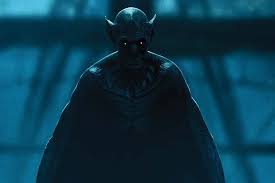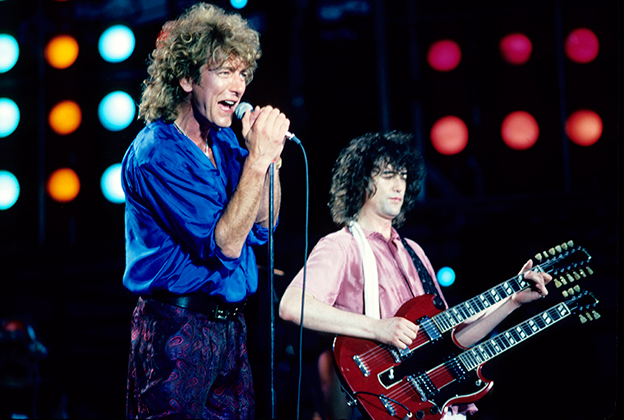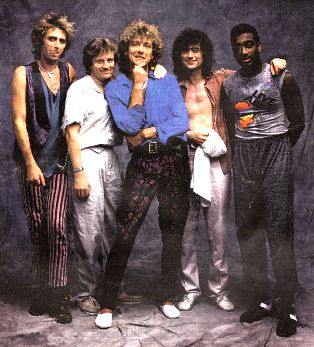
Well, the results are in – and they’re not good. After an underwhelming return at the box office for ‘Renfield‘, it’s now clear that ‘The Last Voyage of The Demeter’ has had an even worse run – its opening weekend in the US being so poor that it’s UK release has been shelved indefinitely. This now makes two consecutive Dracula movies – three if you include last year’s lacklustre, millennial-baiting ‘The Invitation’ – that have failed on the big screen. This has understandably begun to raise several questions for Drac fans.
The first being – is this bad news for Universal? Oh, yes it is. You betcha. This abysmal run just underlines the fact that Universal have absolutely no idea how to curate their monster legacy, and although their plans for a ‘Dark Universe’ came to naught they have nonetheless made a ‘Lose Shirt-iverse’ a reality. With modern cinema increasingly dominated by legacy franchises, Universal are seemingly unable to use their own heritage to any advantage whatsoever. You’d have to go back to ‘Dracula Untold‘ for any of their monster films that had any traction, and there have been many a poor product in that vein since; and of course it’s the Count who bears the brunt of this, as Dracula films continue to surge down the pipeline whereas films featuring the Mummy or Frankenstein’s Monster are now practically once-in-a-generation events. Dracula is just the symptom and not the cause, the go-to product-button that only demonstrates that the hit machine has broken down.
Does this mean that audiences have grown bored of Dracula? Well, that’s a trick question – because audiences have always been bored of Dracula. So ubiquitous has the Count been since the 1920s that they were bored of him in the late ’30s and ’40s and ’50s, and from the late ’60s all the way up to the early ’90s, and through most of ’00s until today. You’d have to go to the Universal and Hammer originals, and the Coppola reboot (and to a lesser extent the Langella revivals of 1979) for movies that caught the general attention of the public. There is a lot of Dracula product around, after all, and not all of it can hit the jugular. The fact that he is still inspiring filmmakers today only proves his enduring appeal on a level beyond the cutting edge, now almost cliché.
But did the absence of his name from the titles of these films undermine their popular appeal? This may seem to underestimate the intelligence of the general cinema-going public, but it is nonetheless probably accurate. Dracula may be a figure from literature, but he is essentially a movie monster of a similar standing to King Kong or Godzilla; people come to the movies just to see him. And you don’t find Godzilla starring in movies called (say) ‘The Tea Party‘. Without a Dracula movie having Dracula in the title, you are not only burying the lead but also nailing the coffin shut.
Then there is the odd position of Dracula in the narratives of these films themselves. The Count is in the unusual position of being the star, but rarely the protagonist (it’s mainly Vlad Tepes origin stories or romcoms that feature him as the hero), and although his name is on the cover of the book he isn’t even the main character in that. With both ‘Renfield‘ and ‘...The Demeter” the focus is on second or even third-level characters from the book, and the Count is not central to the development of the narrative (although he is nonetheless an important figure in them). So whether these are Dracula films at all in the conventional sense is probably debatable.
Nonetheless they are new takes on the story, and that is clearly an attribute that the franchise desperately needs. Ultimately, as anyone left frustrated by the overnight cancellation of the UK rollout of ‘Demeter‘ can testify, there can be little wrong with the franchise that actively committing to, and (vitally) actively promoting a Dracula vehicle wouldn’t cure.
In any case, with the eagerly anticipated Robert Eggers remake of ‘Nosferatu‘ around the corner, maybe we won’t have to wait too long for the next bonafide classic in the Count’s tradition to fly through the bedroom window of cinemas.



